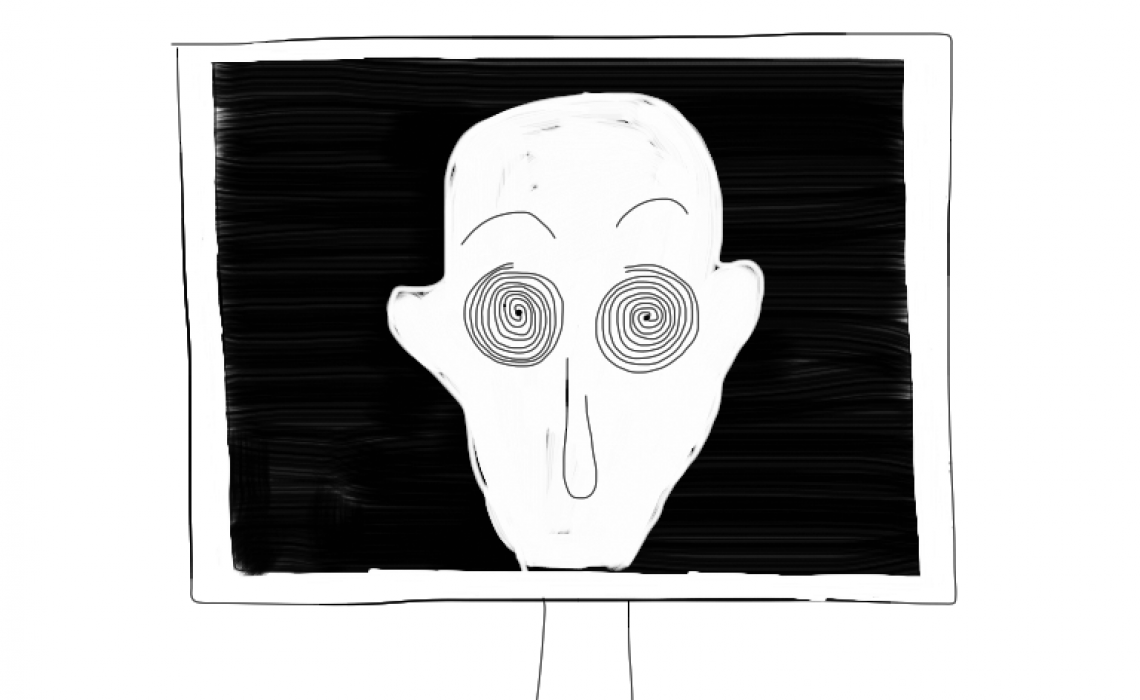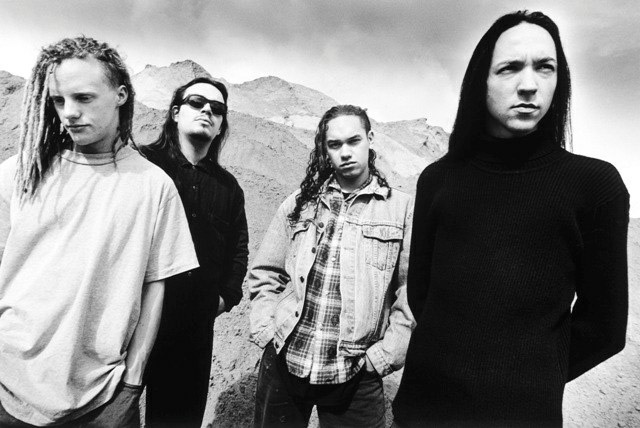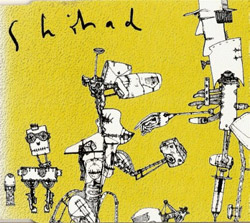The Monthly story: ‘Only The Lonely’, August 2013
A story for the July 2013 issue of The Monthly. The full story appears below; illustration by Jeff Fisher.
After midnight with ‘Psychic TV’
On a dark and stormy Thursday night, broadcasting live from a TV studio in northern Sydney, clairvoyant Francis Bevan “reads” one viewer after another, using their birthdate. Margaret, born on 24 June 1961, wants to know whether she’ll ever fall in love again. Laura (12 December 1986) wonders whether she’ll have more kids. Janelle (6 December 1964) asks whether her mother is happy “on the other side”.
Bevan next turns his attention to Eileen, the night’s oldest caller by some margin. She’ll be 70 on 15 July. In a voicemail message broadcast on the studio’s speakers, Eileen asks what the future holds, “whether there’s any money coming, and will I move?”
Staring straight into the camera, Bevan tells Eileen she will move, in six to 12 months’ time. She’ll sell her property and end up close to water. Meanwhile, two men, one a father figure, the other closer to her in age, will watch over her.
“We’re going to get the lovely Mal to use her psychic fingers to pull you out two tarot cards,” says Bevan, as the producer rings a bell to indicate that 90 seconds have elapsed. Malvadee McIver, the smiling, sprightly host, selects two cards from the deck. Bevan glances at the cards.
“Definitely the sale of the property is going to happen,” he continues. “We’ve got the High Priestess here, and the Knight of Swords. This tells us there’ll be sudden decisions, but positive ones. I hope you’ve enjoyed the reading. Have an absolutely fantastic 2013.”
This is the format of Psychic TV, a two-year-old program filmed in Frenchs Forest and screened nationally Thursday to Sunday, between 11 pm and 2 am. Queries are raised by Australian viewers and answered by a rotating cast of psychics – tonight, two men and two women – who take turns sitting at a desk beside McIver.
Bevan, a former police officer, was 2007 NSW Psychic of the Year. He wears a dark suit with a bright pink shirt, and rarely smiles on camera. Fellow psychic healer Christian Adams wears a suit jacket over an open-neck shirt, showing off his crystal pendant, and reads auras by closing his eyes, tilting his head and gesturing wildly.
While the men could pass for car salesmen, the two women are dressed more suitably for astral travel. Tarot reader Amira Celon wears a striking white caftan with gold accessories. Psychic medium Kerrie Erwin wears a floor-length leopard-print dress and red lipstick. All four are middle-aged.
The three psychics not directly addressing the viewers remain visible in booths, taking live phone calls. Names, birthdates and star signs are read in a background blur. Time is money, after all. Psychic TV charges $5.45 per minute, or $4.75 for those who have registered their credit card details and authorised $100 in credit. Text messages cost $5 apiece.
But the night – the crew’s first on the newly constructed, purple-hued set – is not without technical difficulties. At one point the show’s graphical overlay, which displays three phone numbers as well as the command prompts to reach the three psychics in their booths, suddenly disappears. Production manager Danny Stocker runs frantically between the studio and the bank of broadcasting technology stacked in the next room. On the phone to tech support, the 38-year-old barks: “It’s very urgent because we’re not making money!”
It’s 34 minutes before the graphics reappear on screen. In the interim, McIver enthusiastically repeats the phone numbers every few minutes, but the pace noticeably slows.
Exactly who watches Psychic TV is not clear. Free-to-air viewers find it on the digital channel TV4ME; Austar subscribers via the Aurora channel. The show’s Facebook page has 12,000 fans, 9000 of whom are women. “A large percentage of the population hasn’t heard of us,” admits Michael Charlesworth, who owns Interactive Media, the company behind the show. He yawns – he’s not usually on set this late. “That’s what we want to change.”
An hour into the show, at midnight, the production team – uniformly youthful, some still studying media at university – ask whether I’d like a live reading. My details are sent through as a text message. “Andrew was born on 10 February 1988 and requests a general reading. He loves the show!”
Kerrie Erwin shuffles her cards. “Put your seatbelt on, because you’ve lots of changes ahead, Andrew,” she says, specifying a new career and a move interstate, both of which are news to me. Then she switches to a picture message from Gina, 25, who asks what Erwin “can see happening in the next three months, particularly in romance”.
Three hours of psychic television pass surprisingly quickly. There are plans to add Wednesday nights to the schedule, which would take the total to 15 hours of live advertising each week. When Bevan ends the night’s final call, the automated telephone system reports that the four psychics, plus a few others listed on-screen as working from home, have clocked 1231 minutes – a gross taking of about $6000. (The call times are rounded up, as technically the four psychics have potentially 720 minutes between them.) A producer tells me that 1400 minutes makes for a “good night”.
It’s just past 2 am. The crew are outside in the chilly air, smoking. Amira Celon kindly offers to drive me to my destination. Her silver Toyota Yaris is making a strange noise. We travel south, along State Route 29, for ten puzzling minutes before she determines the cause: it’s the bottom of her white caftan, trailing out the door.


 Jon: Musically, it was very, very heavily influenced by Skeptics, who we were listening to a lot at the time. They’re a New Zealand Flying Nun band, who were quite different again from the Flying Nun crew in the fact that they weren’t using guitars. It was a lot of sample-based shit, a lot of keyboards. They used Euphonics, or E-Sonics … Some fucking early sampler. They just sounded fucking unusual but they also had this edge … [that was] quite majestic, melodically. Hard to explain. Really beautiful, but really weird.
Jon: Musically, it was very, very heavily influenced by Skeptics, who we were listening to a lot at the time. They’re a New Zealand Flying Nun band, who were quite different again from the Flying Nun crew in the fact that they weren’t using guitars. It was a lot of sample-based shit, a lot of keyboards. They used Euphonics, or E-Sonics … Some fucking early sampler. They just sounded fucking unusual but they also had this edge … [that was] quite majestic, melodically. Hard to explain. Really beautiful, but really weird.